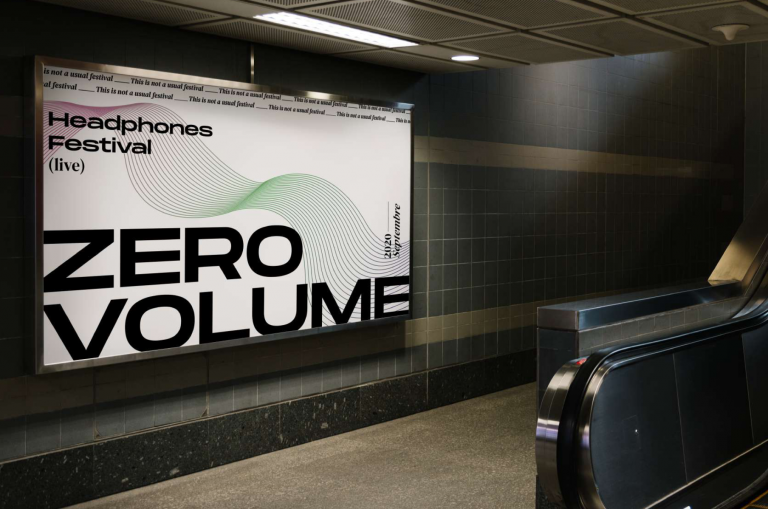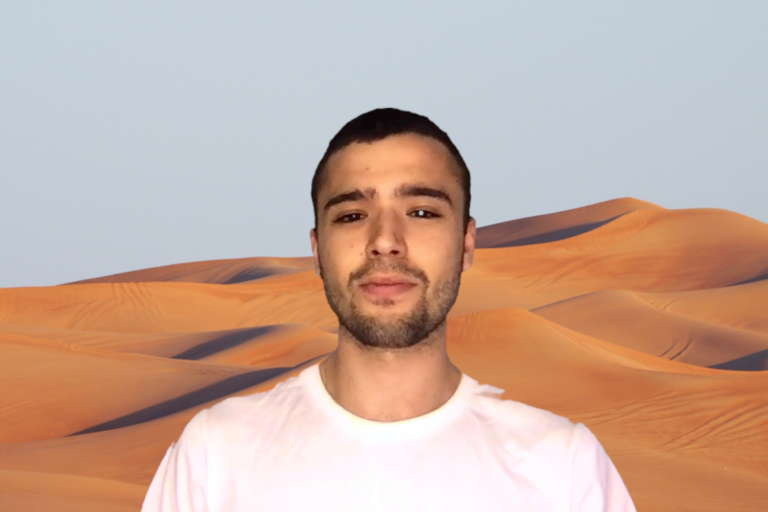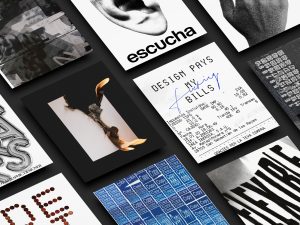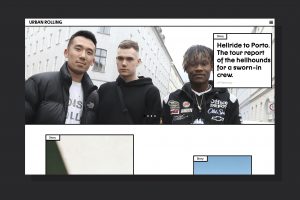Thesis
Paula López-Nuño
Graphic Elisava 2020
Lots of things tend to happen during a graphic.elisava master’s program. Mountains of research. Maybe one or two existential crises. Designing so much that you have nightmares about mismatched hex codes.
In some weird twist of fate, this year’s biggest ‘thing’ ended up being a global pandemic. We were forced to embrace digitalism over presentialism, do more with less, and channel disillusionment into positivity. In school, the lesson comes before the test, but life often takes the opposite approach. We think we’re better for it.
PLATFORM AND IDENTITY
For this year’s degree show we decided to continue the digitalist lifestyle that we’ve come to know. Pills replace name tags, thumbnails replace handshakes, and ingenuity replaces normality in order to illustrate how we view topics like “design ethics”, “comfort”, “manifestos”, and “freedom”.
About
This is graphic.elisava’s digital Degree Show. Find out more about the program at graphic.elisava.net
Acknowledgements
Many thanks to this year’s students in the Graphic Design and the Editorial Design master’s degrees. The 2020 graphic.elisava Degree Show – both the platform and the campaign that precedes it – wouldn’t have been possible without the indefatigable work of a group of design students making time for it in the middle of their end-of-year presentations.
On the typeface
Thanks to Non Foundry for letting us use their Non®Natural Grotesk throughout the website and campaign of this digital Degree Show.
Visit nonfoundry.com to find out more about their work.

Thesis
Neurodiverse intelligent assistants: towards more inclusive future technologies.
The personalities of intelligent virtual assistants are currently evolving in two main directions: towards safety and towards customization. The former allows enterprises to create functional robots that fulfill people’s needs without creating friction in their conversations. The latter makes it easier for humans to decide how technology has to be exactly at every moment. The safe path makes conversations flatter and the customizable path embeds the danger of increasing intolerance towards personality diversity.
How would it be if we could feed these Artificial Intelligences with databases that weren’t based on neuronally typical behaviors? Would data gathered from individuals with diverse neuronal conditions, such as autism, lead to having more inclusive technologies in the future?









